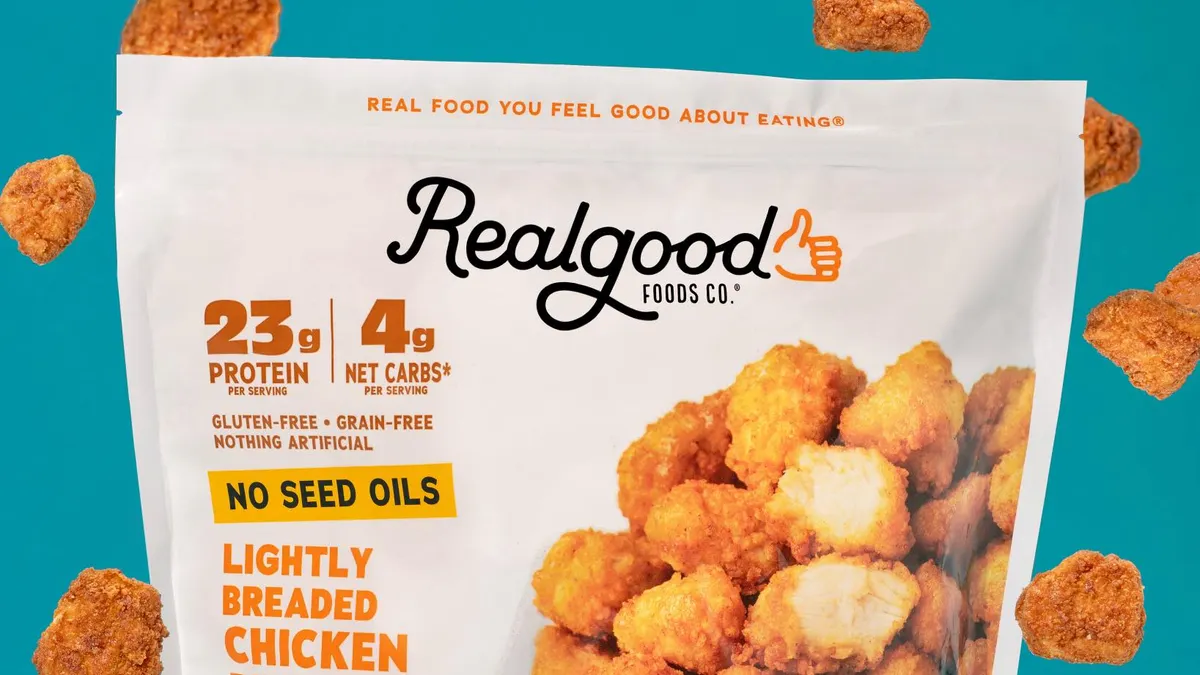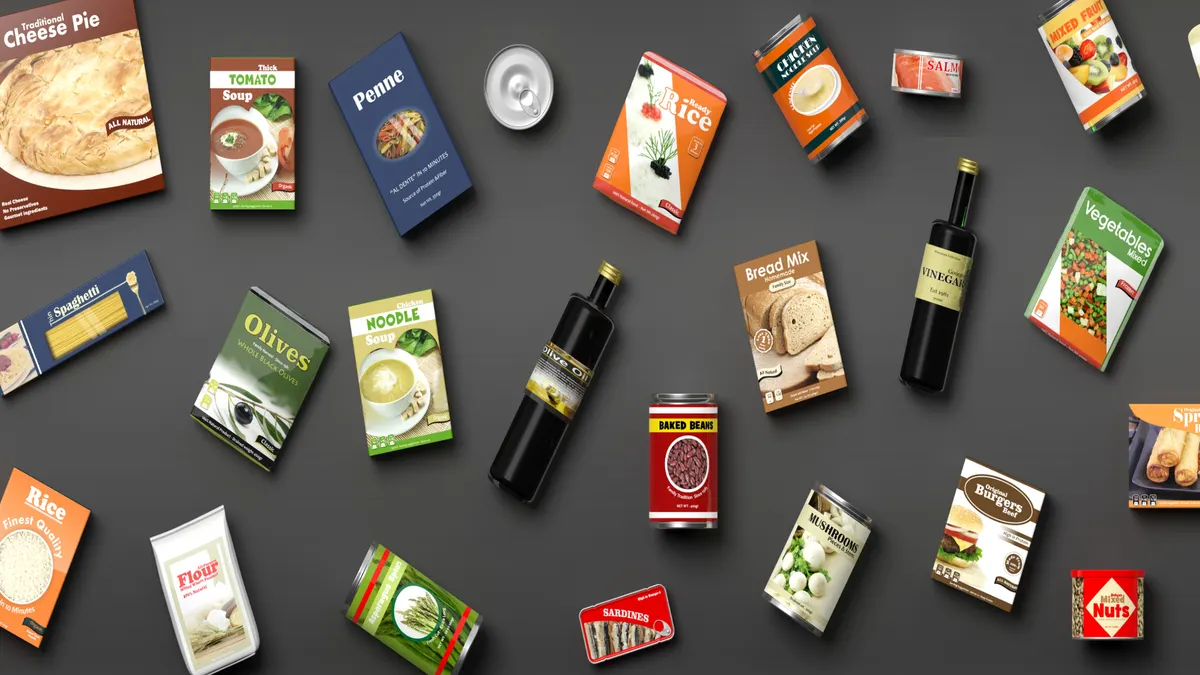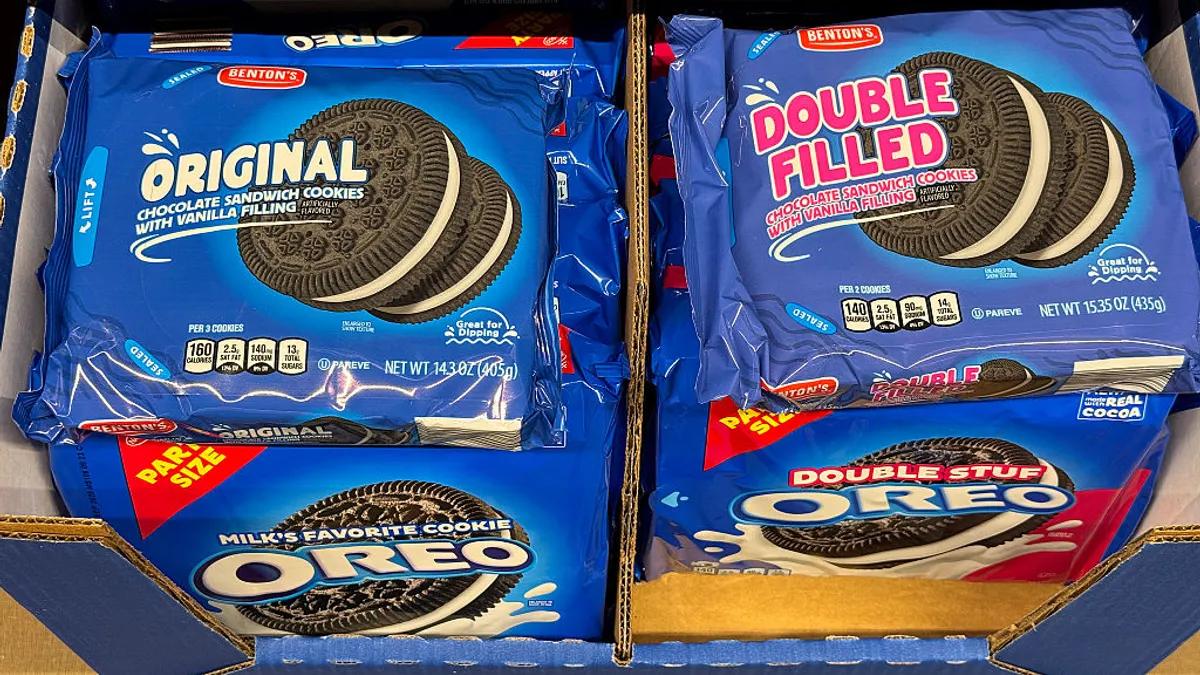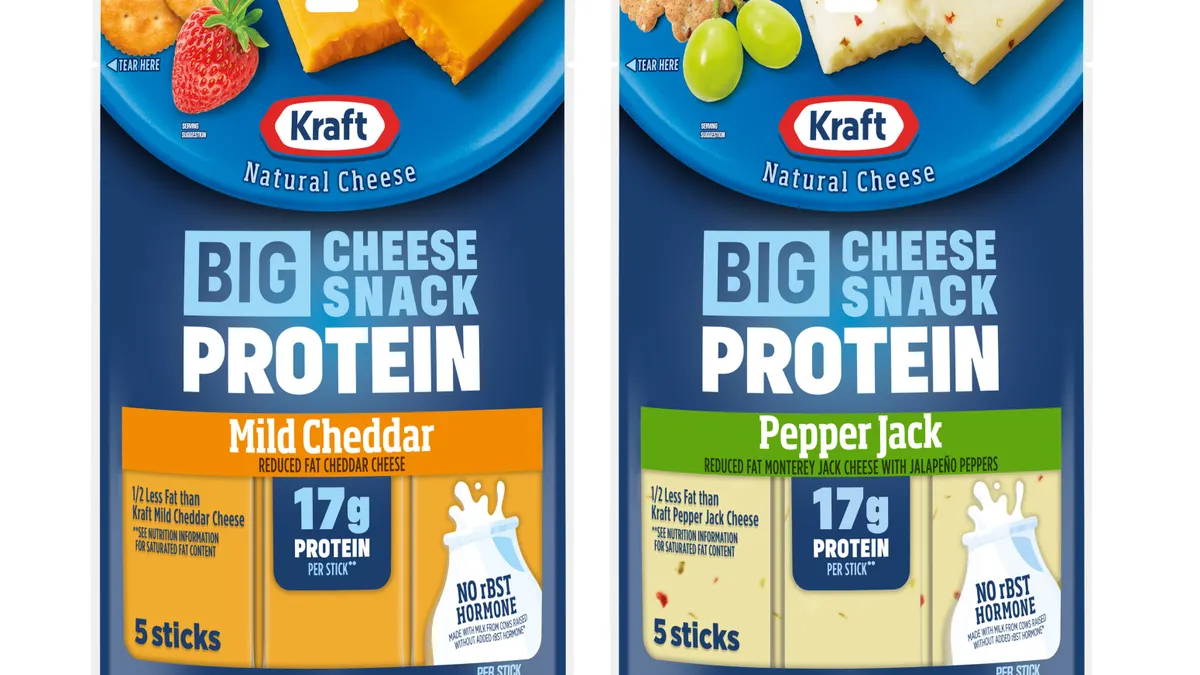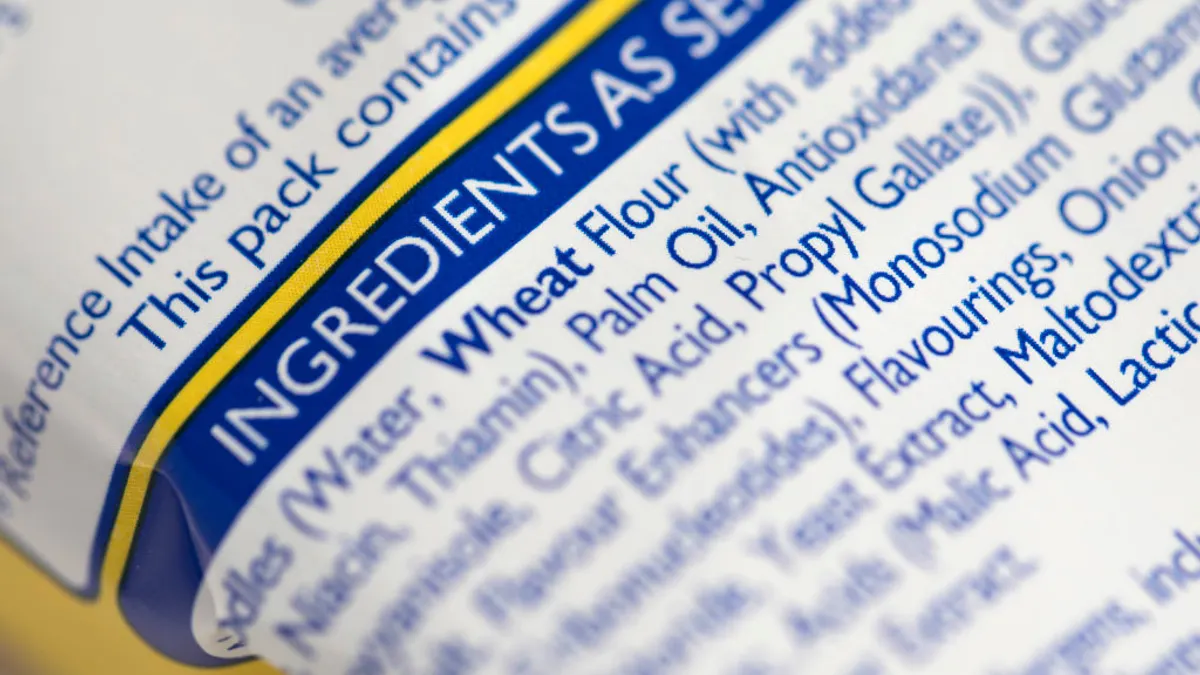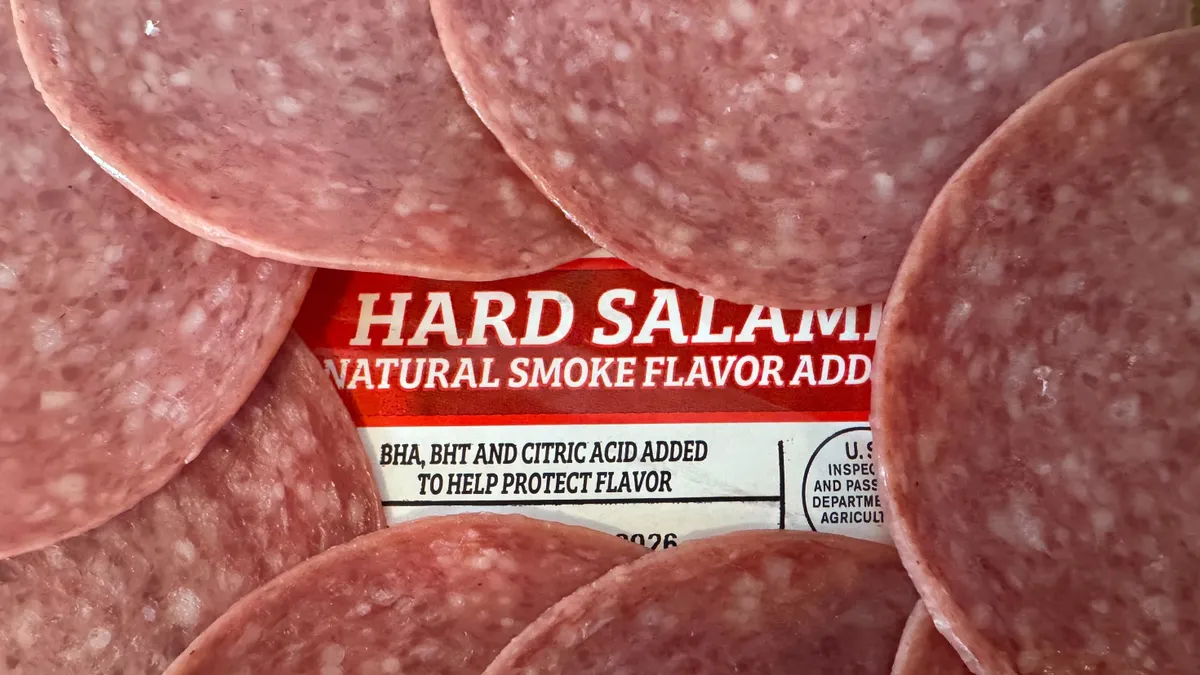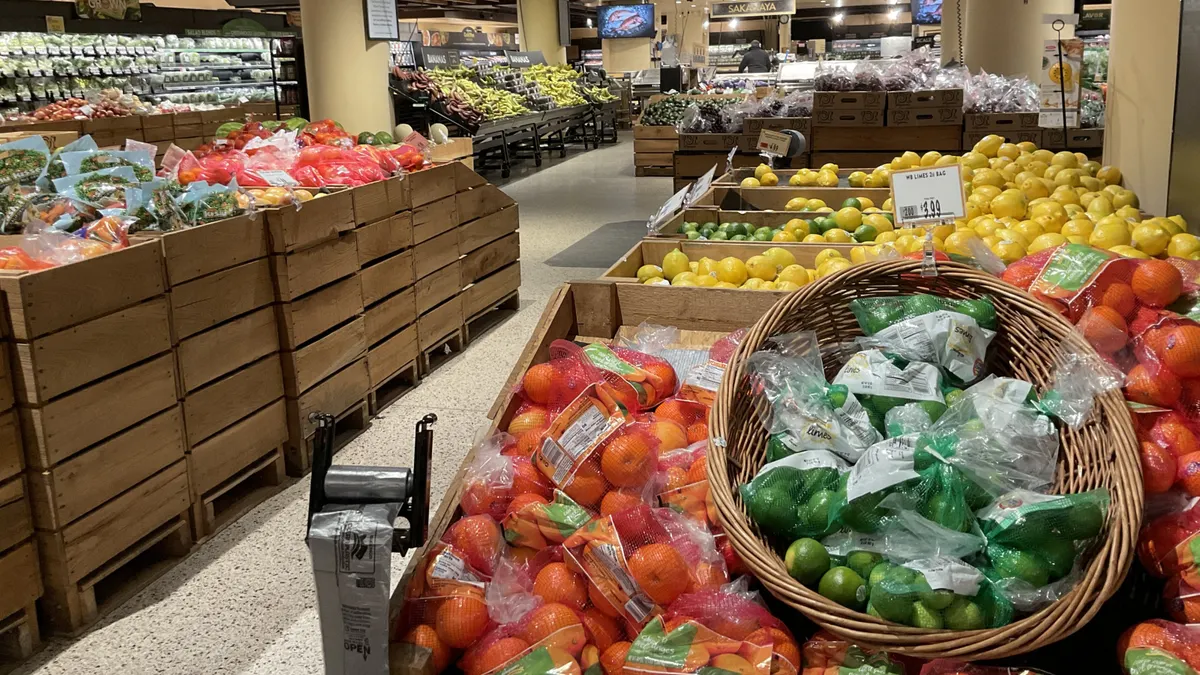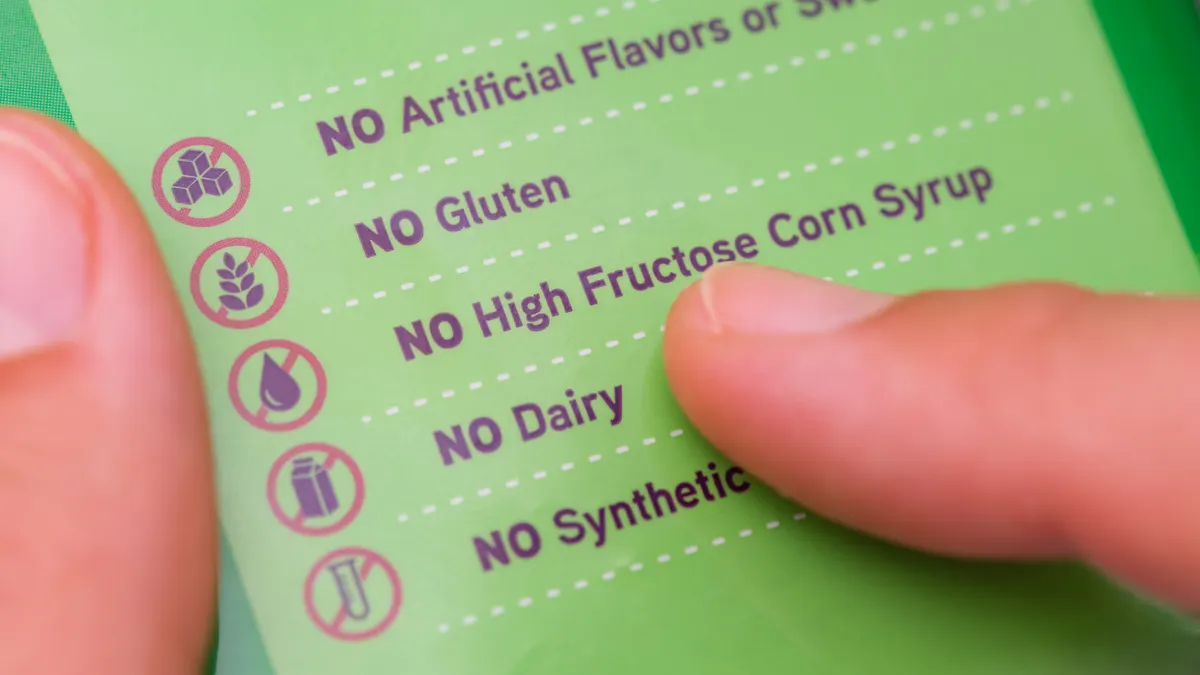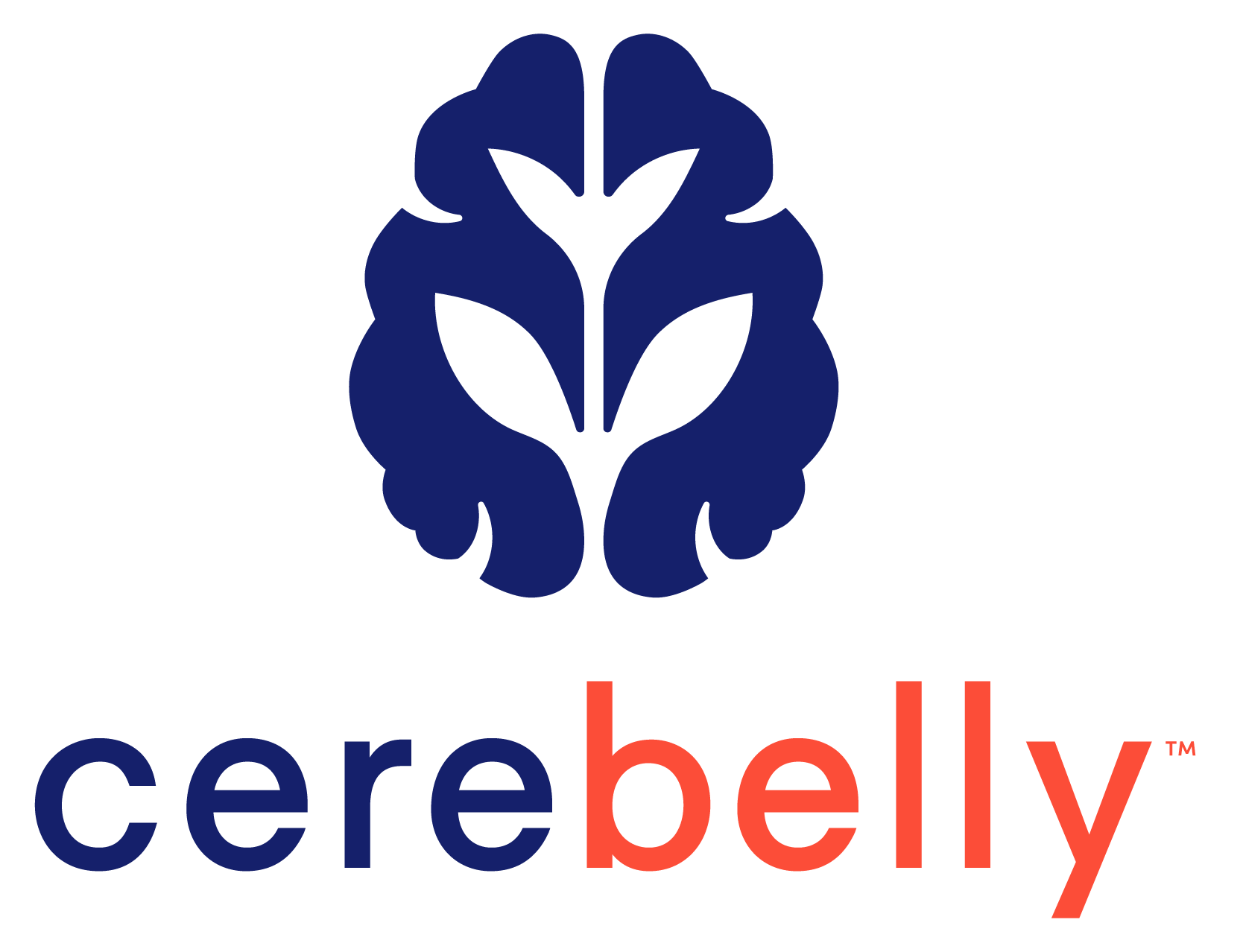More food companies are starting to promote a shift away from seed oils as the “Make America Healthy Again” movement positions the controversial ingredients as unhealthy.
In one of the largest scale announcements so far, Real Good Foods, a maker of better-for-you frozen meals, said it would begin to transition its entire portfolio away from seed oils and instead adopt beef tallow. The company launched a new line of seed oil-free breaded chicken and will begin the process of converting the rest of its products.
“The no seed oil movement has become a real undercurrent in the food and health and wellness space and really dominating the conversation online,” Rikki Ingram, chief marketing officer at Real Good Foods, said in an interview with Food Dive. “This has been something that we've been hearing about for a couple of years now, and it was finally time to act.”
While restaurants such as Steak N' Shake and Sweetgreen have received considerable attention for their commitment to phase out seed oils, Real Good Foods is among a burgeoning group of smaller food companies that are following suit.
Seed oils are vegetable oils derived from plants including canola, sunflower or soybean seeds. Commonly found in processed or fried products, these oils have become under tighter scrutiny as consumers and regulators alike begin to crack down on ultra-processed foods.
Health Secretary Robert F. Kennedy Jr. has decried seed oils as “one of the most unhealthy ingredients that we have in foods,” and critics say they can break down during the cooking process into compounds that cause inflammation and weaken the immune system.
Kennedy and others have promoted beef tallow or other oils with higher saturated fat content that remain stable at high heat.
Nutritionists and health experts have largely debunked the idea that seed oils are less healthy, with decades of research showing the unsaturated fats in seed oils are linked to a lower risk of heart disease. Still, that hasn’t stopped companies from jumping on the seed oil-free bandwagon.
Around a dozen brands have received certification from the third-party Seed Oil Free Alliance, a program that allows companies to market their products as seed-oil free. Saffron Road, a frozen meal maker owned by the American Halal Company, said it would eliminate seed oils in core recipes as part of a larger portfolio renovation to add more protein and other ingredients perceived to be healthier by consumers.
Sales of certified seed oil-free products have surged this year, with SPINS data reporting average sales growth of 216% in the first quarter compared to the prior year. Over a 12-week period, these products have seen 410% growth.
Real Good Foods’ decision to move away from seed oils wasn’t connected to the larger MAHA movement, Ingram said, noting that the ingredient change has been a request from consumers for years. Reception to the new products have been “overwhelmingly positive,” she said.
“Our decision is not political. It is personal, and it’s practical, and it’s about responding to consumer feedback,” Ingram said. “We believe that everyone deserves access to delicious, convenient food made with ingredients they feel good about eating.”
Real Good Foods decided to use beef tallow because of its taste and lower price point compared to olive oil, another source of monounsaturated fats that is considered healthier by the medical community. Sweetgreen discontinued its ripple fries, made with olive oil, after receiving mixed reviews and noting the added complexity of making the item.
Scaling use of beef tallow in the U.S. would be a complex endeavor, especially as an ongoing cattle shortage could limit supply of the ingredient. Real Good Foods said the change has had ripple effects throughout its supply chain, impacting the manufacturing process, sourcing strategy and more.
Because of the lengthy production changes involved, the company isn’t providing a timeline for switching its entire portfolio away from seed oils.
“It’s never easy, and it’s also why we’re taking the time and care and diligence required to do this in the right way and in the right time across the portfolio,” Ingram said. “But we really do believe it's worth it for the alignment with what our consumers want.”


